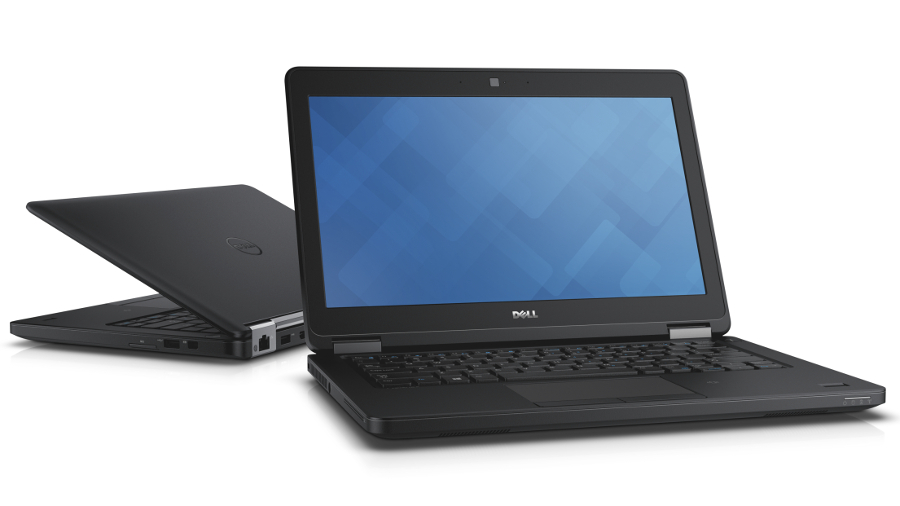Why you can trust TechRadar
Dell's latest laptop ticks the right boxes when it comes to business features, but its rivals swap these hard-nosed additions for slimmer, lighter designs, better components and slicker screens. Any buying decision depends on your needs, and whether you'll benefit from office features or consumer-driven advantages in other departments.
We liked
Dell's latest laptop is, quite literally, a solid business machine: its smart, understated frame exhibits great build quality, and the impressive keyboard and trackpad highlight sound ergonomics. Its edges are covered with ports, and it's got a sensible specification that includes TPM, a mobile broadband slot and dual-band wireless.
The Intel Core i3 processor is decent, too, thanks to the Broadwell architecture – it's got enough grunt to handle work tasks. The 500GB hard disk offers ample room for file storage, and all of this is wrapped in a package that's slimmer and lighter than many business portables.
We disliked
The Dell might be slim, light, and offer reasonable power, but both of its main rivals are thinner, have more grunt and weigh less. Dell's XPS 13 looks slicker, and the Lenovo ThinkPad Yoga 12 can be used as a tablet.
The Latitude has poorer battery life than its competitors, too, and its screen suffers with a worse resolution and a lack of quality.
Final verdict
The Dell offers reasonable power in a sturdy, well-made body, but its key rivals are better in every area – and they're no more expensive, either, if you opt for comparable specifications. The Lenovo ThinkPad and Dell XPS offer more bang for your buck in conventional laptop categories, so we'd only stick with the Latitude if you specifically need its various business features.
Sign up to the TechRadar Pro newsletter to get all the top news, opinion, features and guidance your business needs to succeed!
Mike has worked as a technology journalist for more than a decade and has written for most of the UK’s big technology titles alongside numerous global outlets. He loves PCs, laptops and any new hardware, and covers everything from the latest business trends to high-end gaming gear.
